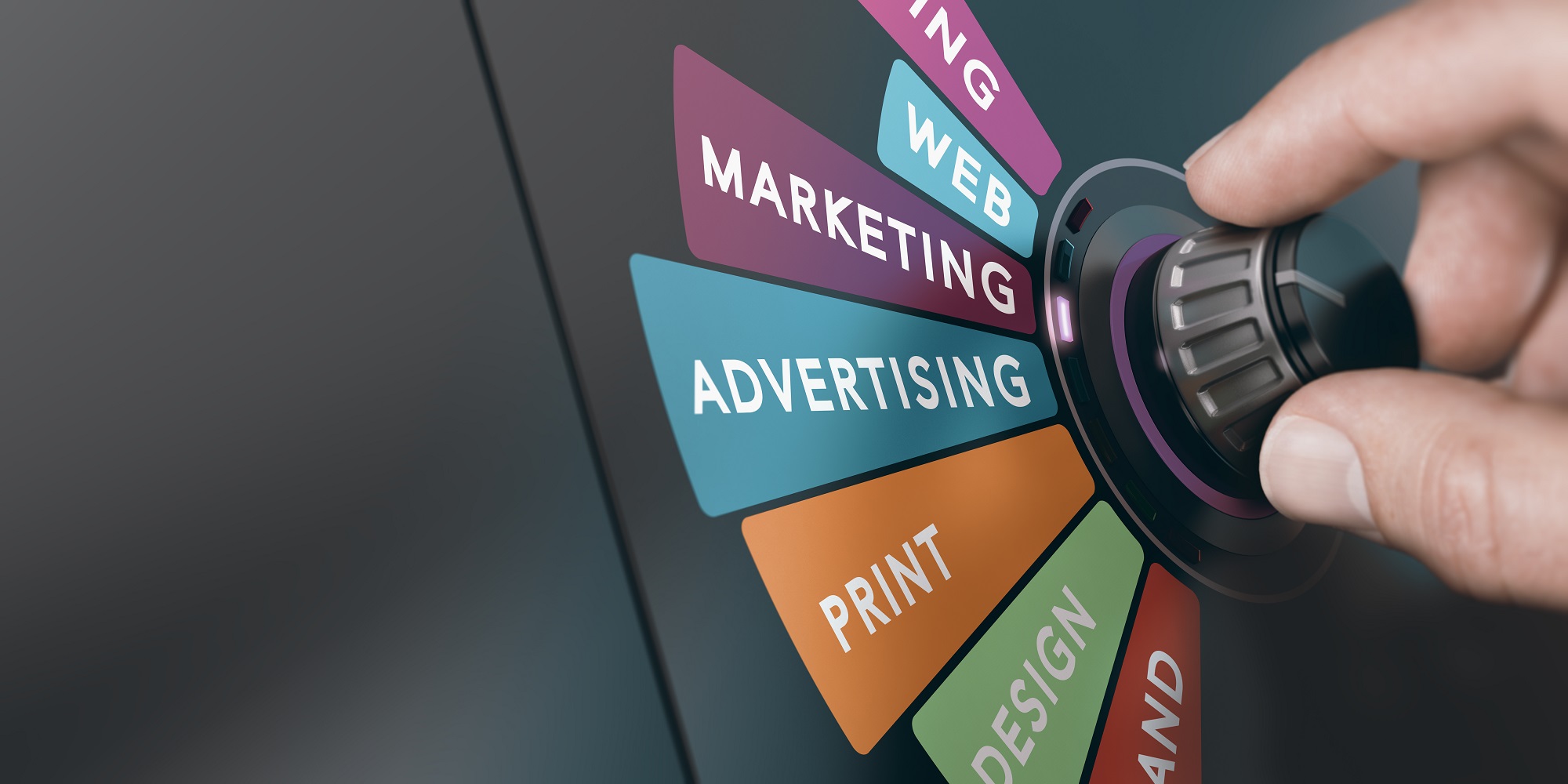As businesses of all sizes seek to recover from the Covid pandemic, research suggests that SMEs in particular need help to market their products and services. In a survey of 500 small business owners, almost half (42%) said that they were not clear on how to market their firm and specifically lacked knowledge and skills around creating online and digital profiles.
Digital and web not the obvious choice
The survey, which was carried out by marketing platform Adzooma also turned up some other slightly surprising facts. Of those responding to the survey, 39% said that they did not have a website and almost 60% had not considered using social media as an advertising platform. With the Covid pandemic being billed as the catalyst for a digital revolution, these stats seem to run contra to many of the reports we hear of how businesses responded to the challenge of moving operations and sales online almost overnight. Almost 30 years after the World Wide Web came into existence for commercial use, the idea that a website is not the ‘go-to’ marketing solution for more-than-a-third of businesses feels almost unbelievable.
Drilling down on to why they had not adopted many of the now commonplace mediums for marketing, business owners made clear it was more a lack of understanding of the skills or knowing who to go to for support. When quizzed on where they did seek advice, three-in-ten pointed to friends, family and commercial peers rather than using agencies or consultancies.
Media Proliferation
But is it any wonder that SMEs don’t know where to turn or which medium to use to take their products and services to market? Undoubtedly the world of advertising and marketing has changed significantly in the last two decades. Take public relations (PR) as an example. Traditionally focused on securing editorial or advertorial space in newspapers and magazines, as the media with the broadest reach, this has been eclipsed by the advent of social media and more recently influencers. Even in their heyday, the tabloids daily readership pails into insignificance when you consider the scale of the following and geographic reach offered by some influencers on YouTube, Instagram and Twitter today.
The BBC has more of its own channels today than all the mainstream television channels that existed just 20 years ago. Add in the digital TV channels, Sky, Netflix and on demand services that compete for our attention and it’s easy to understand why marketing and advertising is far from straight forward.
